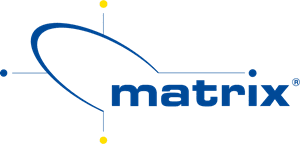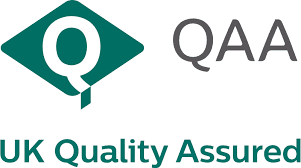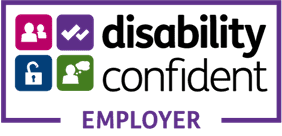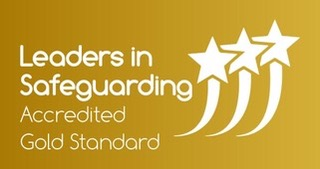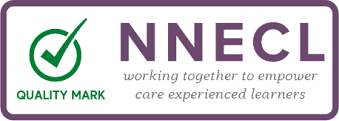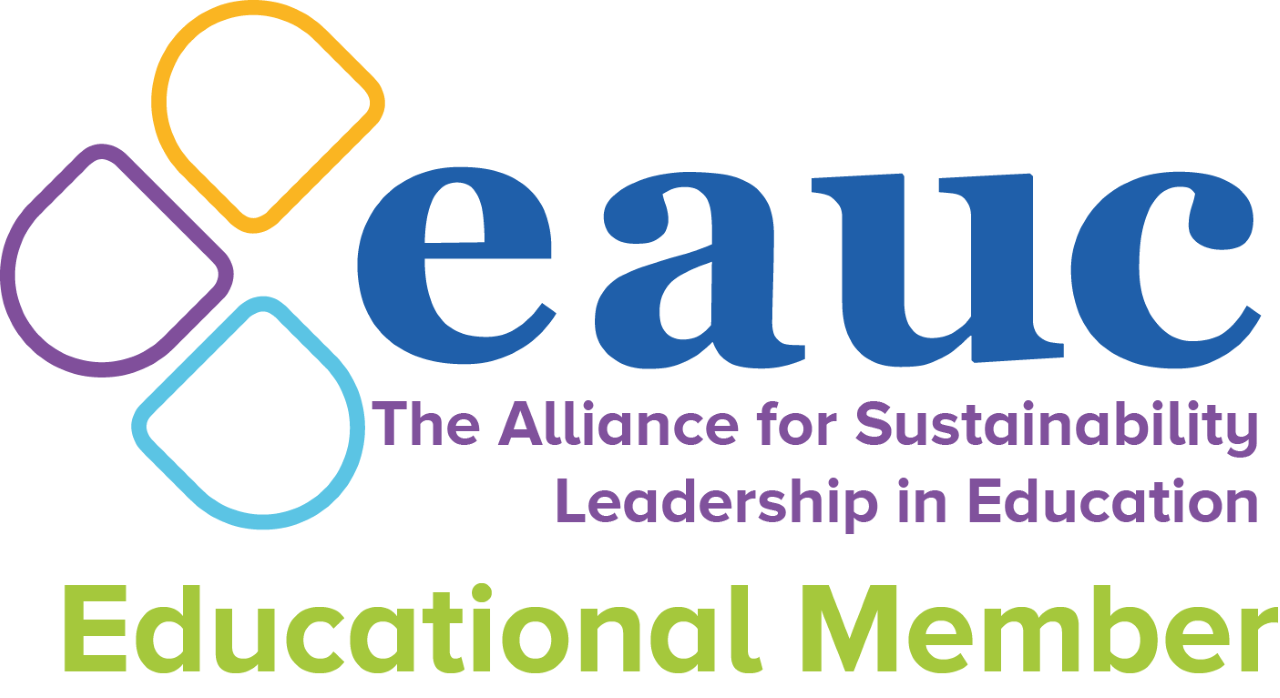Laboratory Science (T Level)
This cutting-edge program is tailored for aspiring scientists, offering a unique blend of theoretical knowledge and hands-on laboratory experience. The T-Level emphasises practical skills, allowing you to delve into real-world experiments and gain valuable insights that textbooks simply can’t provide. From mastering advanced lab techniques to understanding the intricacies of scientific analysis, you'll be immersed in a dynamic environment that nurtures curiosity and critical thinking.
Some of the topics and concepts that are covered in the course are:
Science concepts:
- Cells, tissues, and biological molecules
- Genetics
- Microbiology and immunology
- Materials and chemical properties
- Chemical reactions including analysis
- Electricity and magnetism
- Waves and radiation
The program is divided into three main components: core knowledge, occupational specialism, and a work placement. The core knowledge component provides students with a solid foundation in scientific principles, including biology, chemistry, and physics, as well as an understanding of the ethical and legal considerations related to healthcare.
Finally, the work placement component provides students with the opportunity to apply their knowledge and skills in a real-world laboratory setting. This work placement is a crucial component of the program and provides students with the practical experience and exposure to real-world healthcare environments that are essential for success in this field.
Through hands-on laboratory experience and rigorous theoretical training, students develop advanced skills in experimental design, precise measurement techniques, and accurate data analysis. They become proficient in operating a wide array of laboratory equipment, gaining expertise in tasks such as pipetting, chromatography, and microscopy.
How will I be assessed?
Core component:
- 2 written examinations (paper A and paper B)
- employer-set project (ESP)
In order to achieve a grade for Core Component, you must have results for both sub-components (the core (written) examination and the employer-set project).
The combined results from these sub-components will be aggregated to form the overall core component grade (A* to E and U).
If you fail to reach the minimum standard across all sub-components, you will receive a U grade. No overall grade will be issued for the core component until both sub-components have been attempted.
Occupational specialism components:
- Technical: Laboratory Sciences
- a case study assessment, 2 practical assessments and a professional discussion.
You are also required to successfully achieve a distinction/merit/pass grade in one of the occupational specialism components. If you fail to reach the specified level of attainment, you will receive a U grade.
What do I need?
Minimum of 5 GCSEs at Grade 5 or above, including English, Maths and Science.
Where can it take me?
Students who achieve this qualification could progress to the following, depending on their chosen occupational specialism:
- Employment (Roles with Laboratory Settings in Science)
- Higher education (University/HNC)
- Apprenticeship
Additional information
- Learners need to be sure of career destination as chosen T Level pathway is very specific.
- Meet fitness to study requirements.
- Meet mandatory student codes of conduct.
APPLY NOW
Find your perfect course and secure your place

